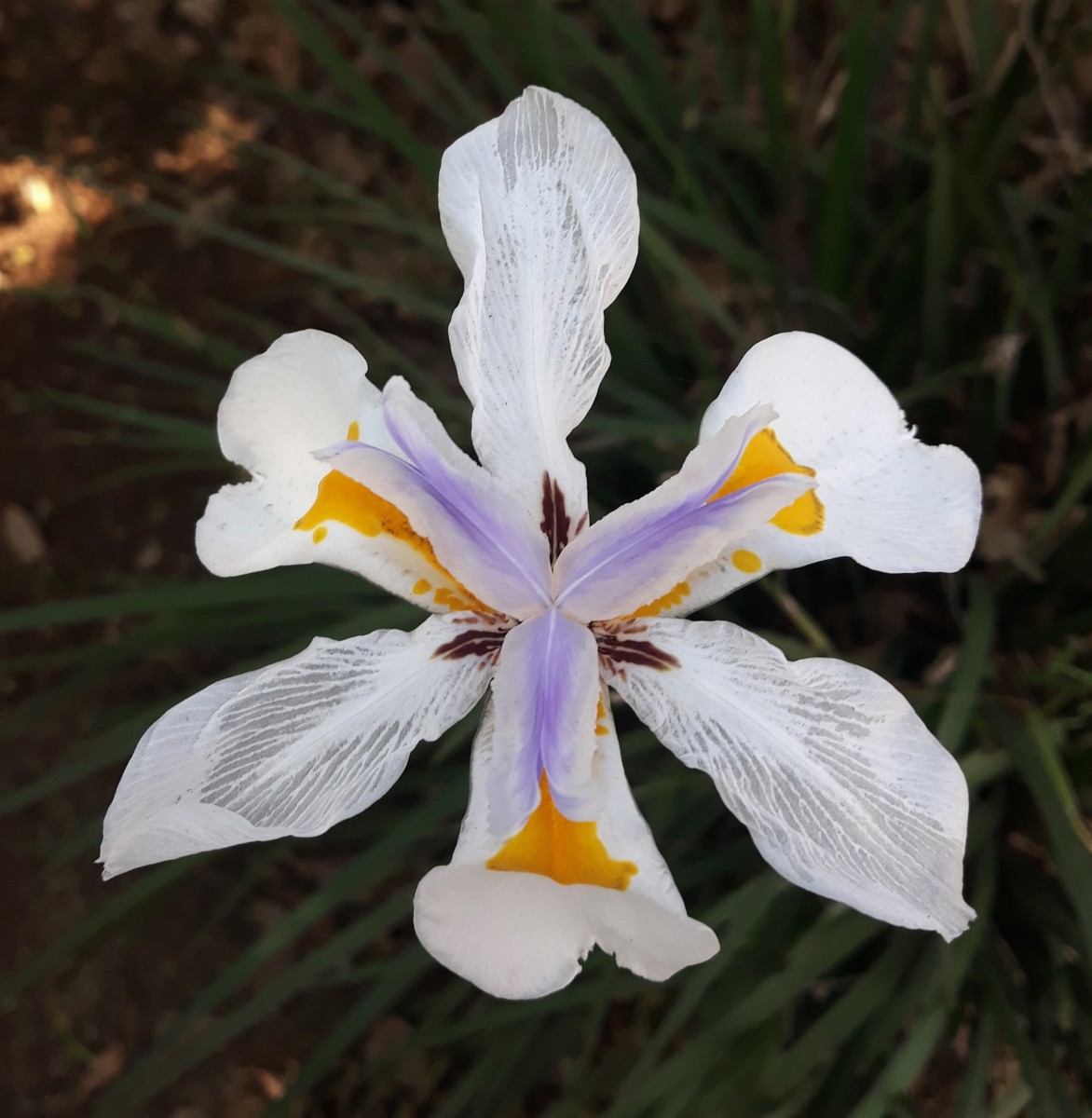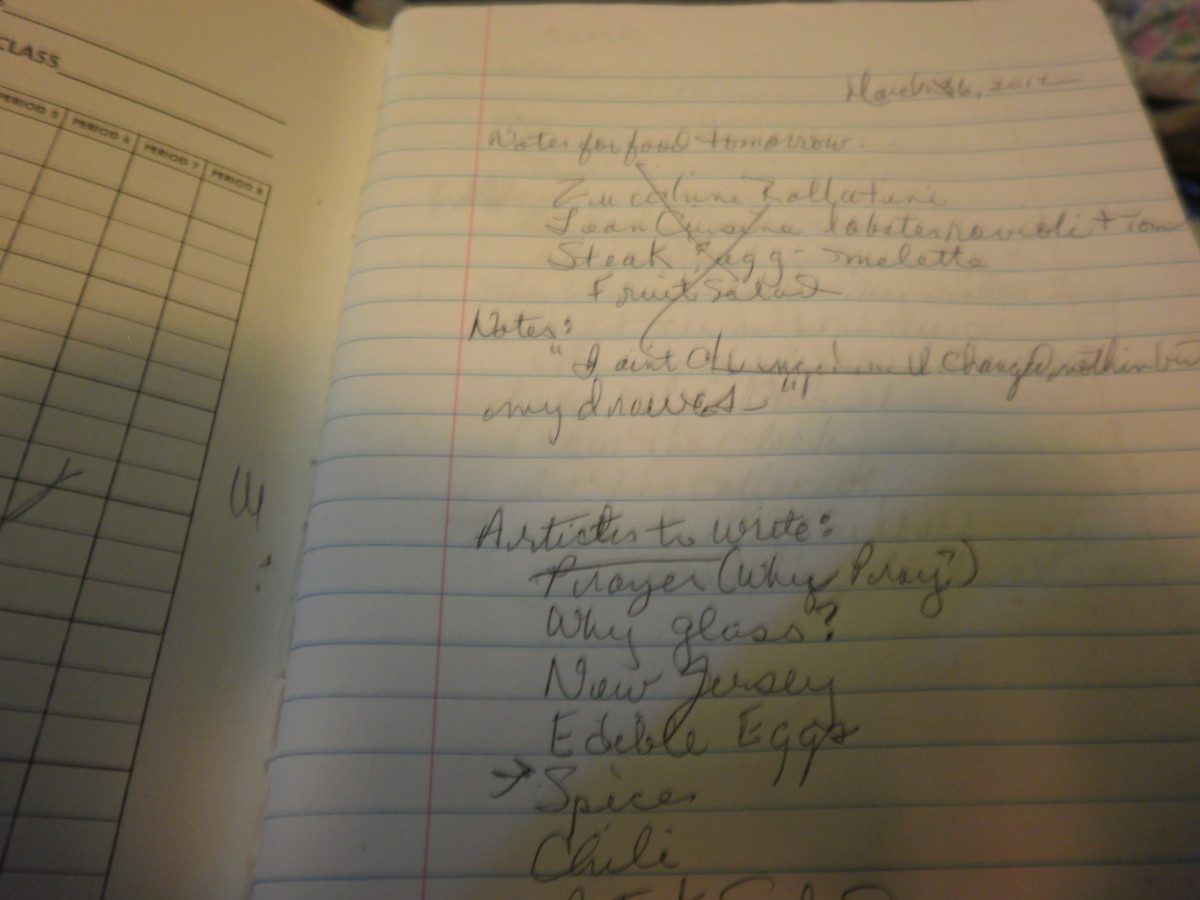How to: Tips on Creative Writing

Knowing how to write and how to write well is one of the most herculean attributes any individual in any career field can achieve. An eminent author will use his ability to help him reach any goal he has set forth. Sending a well written email to one's superior suggesting a new advertising campaign, could give one the edge needed in order to gain that highly coveted promotion that is up for grabs! Writing a heartfelt letter to the potential Landlord of that home you wish to rent could be the difference between acquiring the home, or it becoming a sanctuary to someone more qualified . Knowing just the right words to say in a proposal may land you that contracted job you so desperately desire. And finally, learning how to properly develop your characters in your novel or short story could determine the difference between selling to an audience of 10 or an audience of 1000.
Creative writing is nothing short of advanced communication. Being able to convey your message in either an appealing, entertaining, direct, or passive way enables you to communicate with your audience on several different planes. Being educated in literature, reading different literary works, books, poems, and articles is one of the first steps in becoming a better writer. During a question and answer period at Yale University, famed author Stephen King responds to the question, "What advice would you give to beginning authors?", by giving a simple -yet compelling answer: "you ought to read a lot, and I think you ought to write a lot..." (See the full answer given here.)
The root of this most powerful tool is creativity, and the good news is that we, as humans, are programmed with immense creativity. Often, my adult students proclaim they haven't a creative bone in their body, to which I reply, "Let’s test that theory". And it never fails; the students, through class participation, realize that they do have a suppressed fictive edge and that that creative side only lacks nurturing. The dilemma isn't that the person isn't creative, or creative enough , the dilemma is they lack the understanding on how to "tap into" that fanciful energy -that same energy that truly does exist is deliriously coursing through their veins. Atop my chalk board for all eyes to read sits a quote by Red Smith that never gets erased: "Writing is easy. You just open your veins and bleed". I believe the quote's intent is to declare that writing is easy and all that needs to be done is for one to just start. Don't think about anything else; let your pen do the dancing! Pour your heart out and let the words flow.
Advancing your skills in the creative writing field will prepare you for most any type of writing, be it professional or personal. Harnessing the ability to choose the right words, implement the precise structure, develop the tone, depict the emotion, and produce the imagery needed to convey your idea, your point, or your tale is priceless and positively powerful.
This article will serve as an introduction to a series that will come forth explaining and giving insights and feedback concerning specific elements of the creative writing process. Complete with examples, exercises and references to aid you in becoming a better writer. This series will cover many aspects of the creative writing formula in an effort to hone the skills of advanced writers as well as taking the beginning writer further.
This series will include my thoughts on some of these essential writing ingredients:
- Getting started- Facing fears, facing unknowns, overcoming hurdles.
- Some grammar - But not much. A handle on basic grammar will be presumed.
- Voice - Finding your voice, recognizing your voice, writing with voice.
- Flow - Understanding flow, recognizing flow.
- Character development- The importance of C.Development, writing phenomenal characters.
- Hook - Understanding the importance of hook, how to write a hook.
- Relationship - Understanding the relationship between your script and your audience. How to build that relationship and maintain it.
- Truth - Truth in writing, research and the importance of writing with truth.
- Structure - Different structure techniques, how to apply, why you might choose one over the other.
- Theme - Understanding the value of having a theme, writing with a theme when applicable.
- Words- Understanding the power of words, using words to the fullest gambit of your imagination, choosing the right words.
- Dialogue- Setting up dialogue to establish concepts, characters, and control.
- Poetry -Understanding the importance of poetry and reading poetry, Using poetry to aid you in your novel, writing poetry.
- Imagery - Understanding the effects of imagery, how to write descriptively.
- Breathing- Understanding the importance of breathing room throughout your work, how to apply breathing room so as not to overwhelm your reader.
- Empowering your reader - Understanding the importance of empowering your reader, implementing this power in a positive yet subtle way.
- Simplicity - Realizing the value of simplistic writing.
- Exercises - Implementation of various writing exercises designed to help the writer grow.
- Critique- How to write a critique, How to accept a critique, Do's and Don'ts.
- The elusive ending - Writing on the right side of the brain.
- Revising - Revise, Revise, Revise and knowing when to stop.
- Writer's Block - Why it happens, How to cope with it, How to work through it.
Creative writing is defined by Don Delilio as "a form of personal freedom. It frees us from the mass identity we see all around us. In the end, writers will write not to be outlaw heroes of some under culture but mainly to save themselves, to survive as individuals." I couldn't concur with this statement more.
Creative writing is an outlet in which we are able to spawn new worlds, bend physics, travel in time, and share our memories. The power of your imagination is limitless when it comes to what you can produce on paper. This series will not contain vague, regurgitated information that one can find by browsing Google, or Yahoo under key words: 'how to write', or 'creative writing tips', but will specifically narrow down the exact reason why certain elements are so important and pivotal to a good piece of literary work. And, more importantly what to do with that lucid understanding once it is achieved. Also note that creative writing is subjective. While one person may like the color yellow, another may enjoy blue instead. This is expected and welcome.
I look forward to our journey and learning from you just as much as you might learn from this series. If you find it involved and helpful I only ask that you share this article/series with your colleagues and friends. You don't need an account to participate but signing up for an account is free and easy. Signing up for an account will enable you to publish your literary work and earn money.
Content copyright 2011 © Robert S. Hutchinson
No guarantees or warranties are made or implied.
If you would like to earn $$$ writing, sign up and start earning your very first day!









